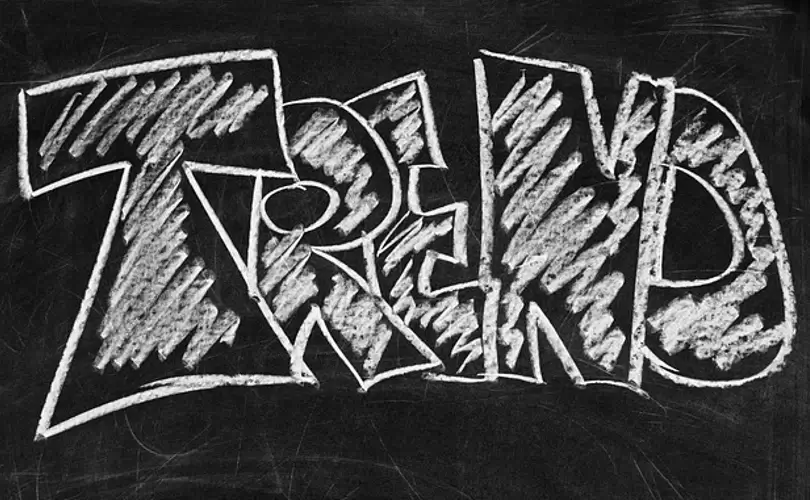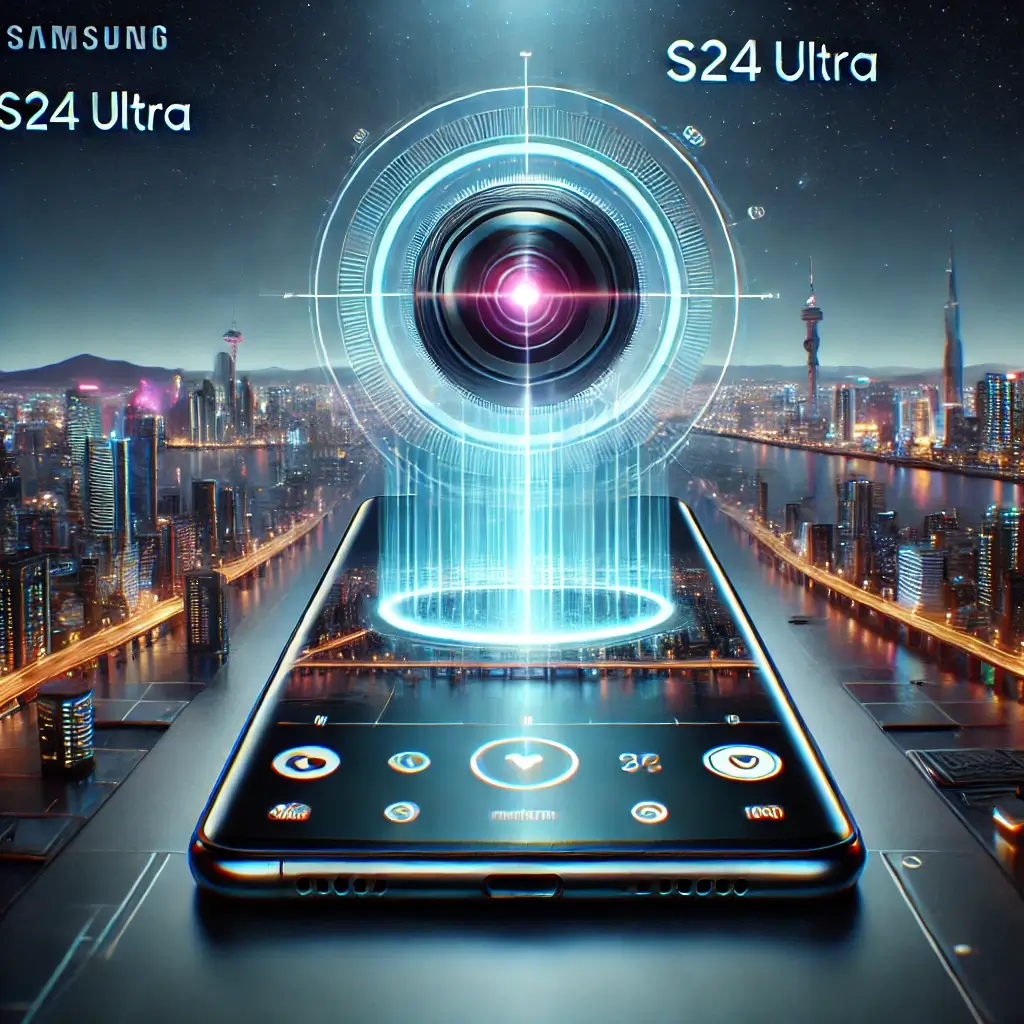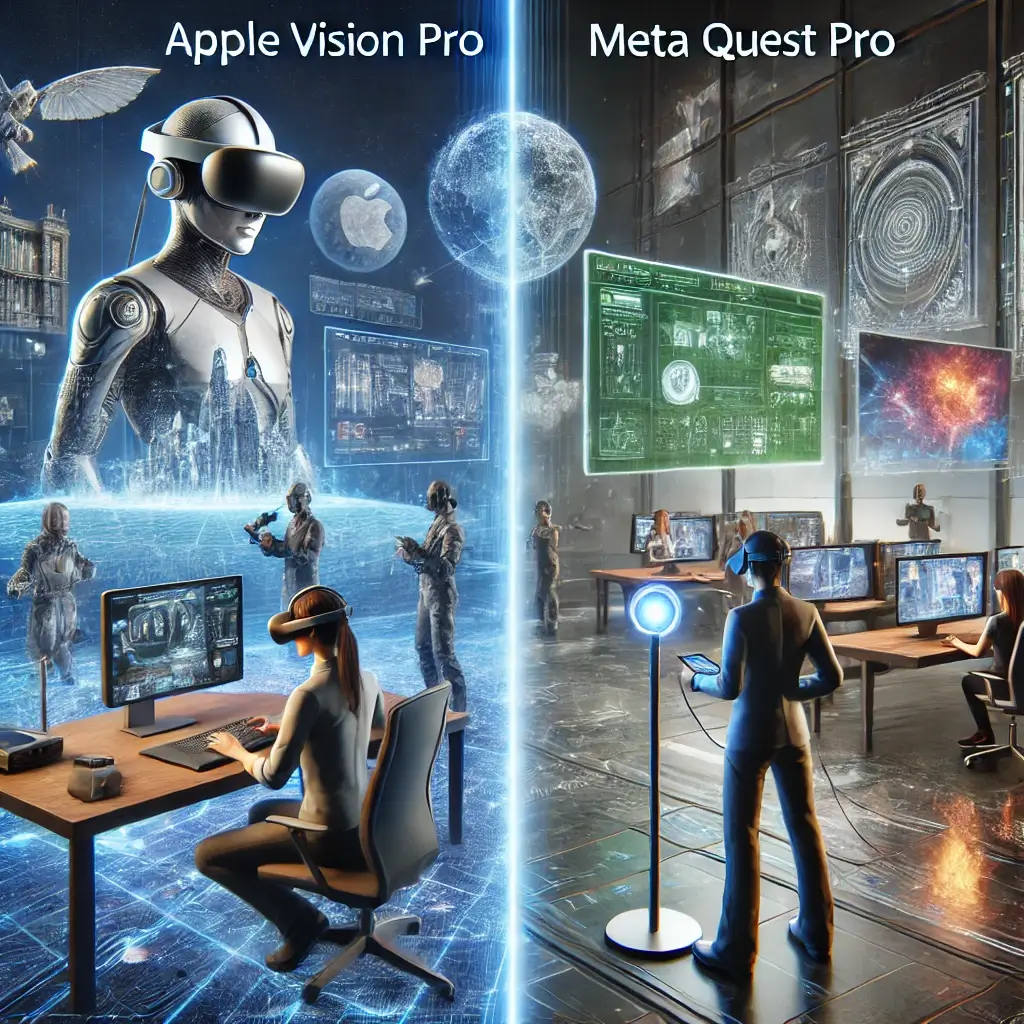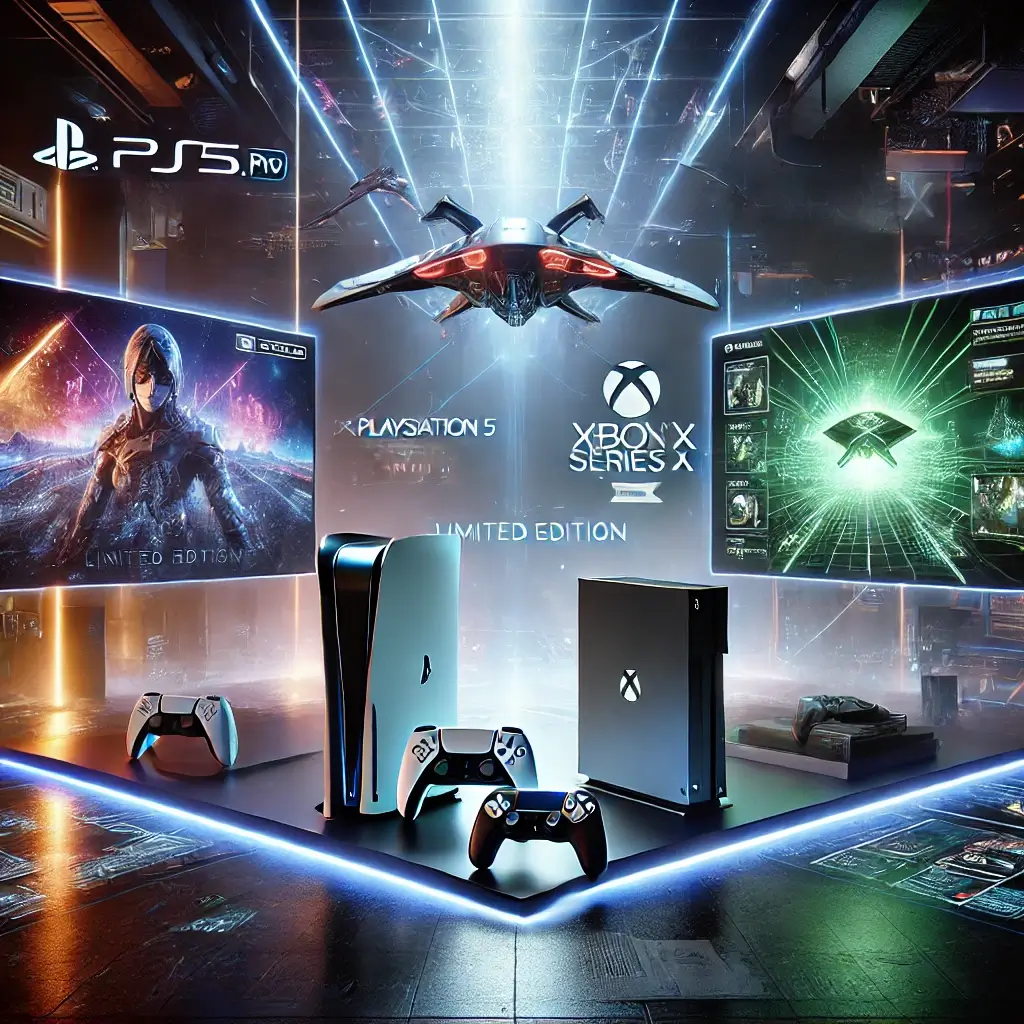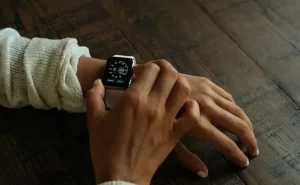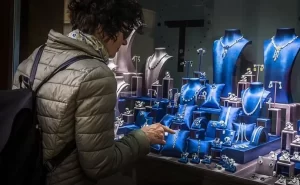How Does Pop Culture Influence Fashion?
Pop culture is a significant source of inspiration for many brands. For example, fashion designer Demna Gvasalia credited his success to Ryan Gosling’s character in Drive. It’s also common to see celebrities wear clothes inspired by the movies or songs they were featured in. It’s also a good way for brands to promote their products and increase awareness.
Traditionally, luxury brands have avoided using pop culture in their marketing campaigns but have started to embrace it. Gucci’s “Culture of Cool” is an excellent example under artistic director Alessandro Michele. The brand has partnered with KOLs and idols, reimagined logos through artification, and launched capsule collections to celebrate holidays. The brand has also collaborated with music and video games to attract new consumers and reach a younger audience.
Generation Z
This shift has been fueled by China’s emerging Generation Z, which is predicted to become the most prominent luxury consumer demographic. They enjoy cool apps, streetwear, and video games and genuinely believe that luxury is for everyone. Global luxury brands need to understand their worldview and culture to reach them. They must embrace a “Culture of Cool” and allow diversity to be a part of their identity to stay relevant.
The booming resale market for luxury goods also reflects the cultural shift. Younger people are willing to spend exorbitant amounts on clothing and accessories to get that coveted status symbol, even when it might not make much financial sense. It’s a form of self-expression and a way to demonstrate their uniqueness. Moreover, the recent economic headwinds haven’t deterred them from buying luxury.
In an increasingly global and interconnected society, luxury has lost its exclusivity and become a more accessible form of consumption. Luxury goods are no longer just for the elites, and it’s becoming more important than ever to create a recognizable and meaningful identity to connect with the next generation of luxury customers.
As such, the future of luxury looks bright despite rising income inequality. Research has found that wealth inequality boosts luxury consumption. As a result, the luxury industry is more resilient than ever to cyclical economic trends and has seen steady growth.
With the rapid development of technology, pop culture will continue to shape our lifestyles and be a source of inspiration for designers. In addition, it’s a crucial tool for marketers to identify and target their key audiences. Thus, to attract a wider audience, luxury businesses must recognize the significance of pop culture in the modern period. By doing so, they can remain relevant in the long run. By embracing pop culture and being aware of the current trends, they can build an authentic and lasting connection with consumers. This will ensure the continued success of their businesses and keep them in line with their mission. Don’t hesitate to contact us for more information about incorporating pop culture into your marketing strategy.
